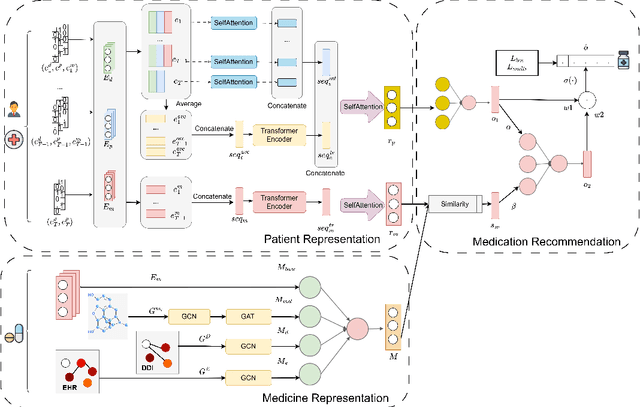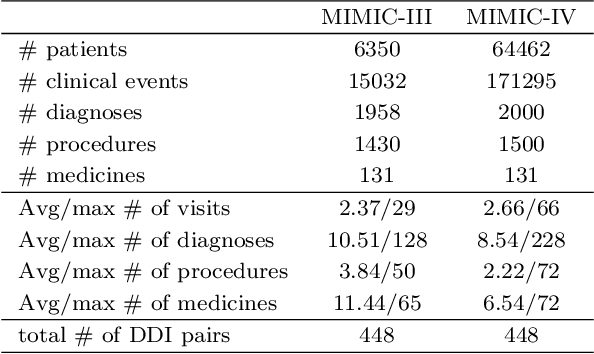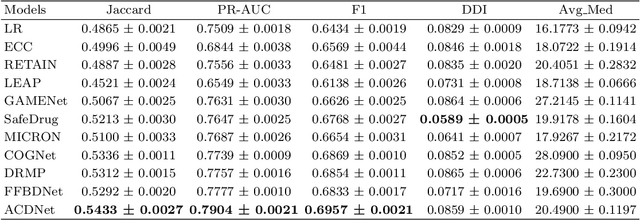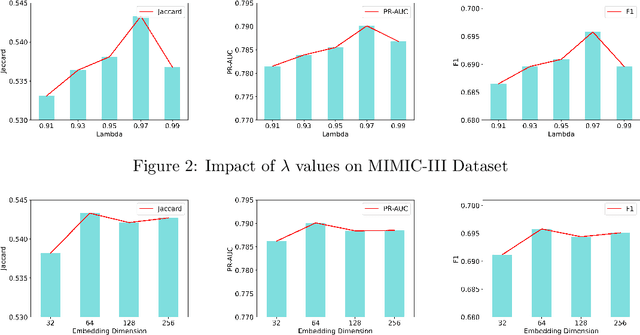Yi Zu
Type-based Neural Link Prediction Adapter for Complex Query Answering
Jan 29, 2024Abstract:Answering complex logical queries on incomplete knowledge graphs (KGs) is a fundamental and challenging task in multi-hop reasoning. Recent work defines this task as an end-to-end optimization problem, which significantly reduces the training cost and enhances the generalization of the model by a pretrained link predictors for query answering. However, most existing proposals ignore the critical semantic knowledge inherently available in KGs, such as type information, which could help answer complex logical queries. To this end, we propose TypE-based Neural Link Prediction Adapter (TENLPA), a novel model that constructs type-based entity-relation graphs to discover the latent relationships between entities and relations by leveraging type information in KGs. Meanwhile, in order to effectively combine type information with complex logical queries, an adaptive learning mechanism is introduced, which is trained by back-propagating during the complex query answering process to achieve adaptive adjustment of neural link predictors. Experiments on 3 standard datasets show that TENLPA model achieves state-of-the-art performance on complex query answering with good generalization and robustness.
ACDNet: Attention-guided Collaborative Decision Network for Effective Medication Recommendation
Jul 06, 2023



Abstract:Medication recommendation using Electronic Health Records (EHR) is challenging due to complex medical data. Current approaches extract longitudinal information from patient EHR to personalize recommendations. However, existing models often lack sufficient patient representation and overlook the importance of considering the similarity between a patient's medication records and specific medicines. Therefore, an Attention-guided Collaborative Decision Network (ACDNet) for medication recommendation is proposed in this paper. Specifically, ACDNet utilizes attention mechanism and Transformer to effectively capture patient health conditions and medication records by modeling their historical visits at both global and local levels. ACDNet also employs a collaborative decision framework, utilizing the similarity between medication records and medicine representation to facilitate the recommendation process. The experimental results on two extensive medical datasets, MIMIC-III and MIMIC-IV, clearly demonstrate that ACDNet outperforms state-of-the-art models in terms of Jaccard, PR-AUC, and F1 score, reaffirming its superiority. Moreover, the ablation experiments provide solid evidence of the effectiveness of each module in ACDNet, validating their contribution to the overall performance. Furthermore, a detailed case study reinforces the effectiveness of ACDNet in medication recommendation based on EHR data, showcasing its practical value in real-world healthcare scenarios.
 Add to Chrome
Add to Chrome Add to Firefox
Add to Firefox Add to Edge
Add to Edge